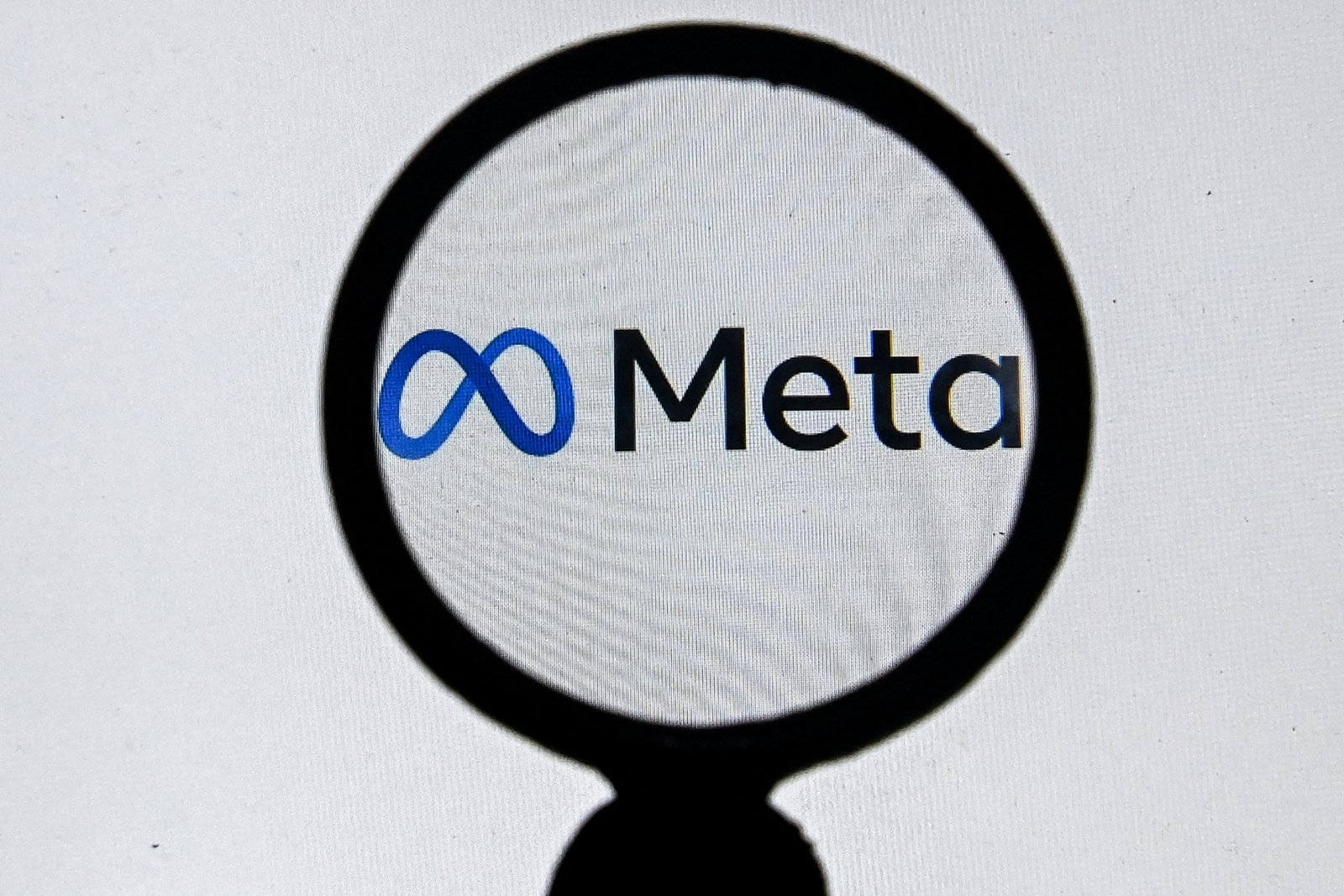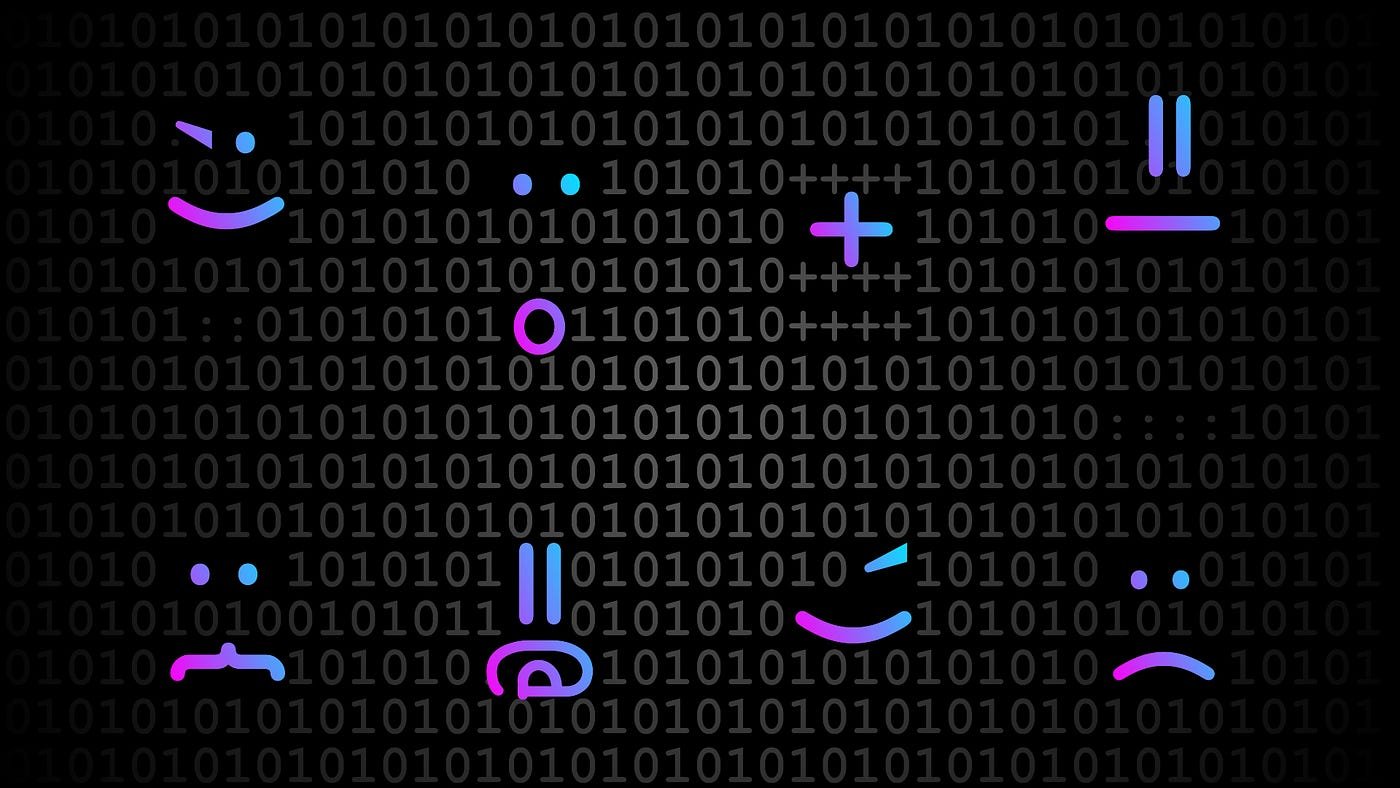Facebook and Instagram parent company Meta announced it is establishing a specialized team to address the rising threat of AI-powered deception in the upcoming European Union (EU) elections. The company expressed concern about the potential for realistic but fabricated videos, images, and audio – products of generative AI – to mislead voters.
Key Highlights
- Meta creates a dedicated team to combat AI misuse in EU elections.
- Growing concern over the potential for AI-generated deepfakes to sway public opinion.
- Meta to collaborate with additional fact-checking organizations in Europe.
- New strategies will focus on demoting and labeling misleading content.
As the European Union elections approach in June, Meta is taking proactive measures to safeguard the integrity of the electoral process. The focus is on countering a new breed of misinformation powered by artificial intelligence (AI). These tools, often called generative AI, have the ability to create hyper-realistic, but completely fabricated, media.
The company’s announcement comes amid heightened warnings from experts and government officials about the dangers of AI-generated “deepfakes” and their potential to disrupt elections. Meta‘s EU affairs head, Marco Pancini, explained in a blog post that the new “EU-specific Elections Operations Centre” will work to “identify potential threats and put specific mitigations in place across our apps and technologies in real-time.”
The Challenge of AI-Generated Misinformation
The deceptive potential of generative AI poses unique challenges. Unlike traditional forms of misinformation, deepfakes can be incredibly difficult to discern from authentic content. This raises fears that malicious actors could use fabricated media tospread false narratives, sow discord, or manipulate voters’ perceptions of candidates and issues.
Meta’s Response: Partnerships and Detection
To tackle this problem, Meta’s strategy will involve several key elements. One key focus is bolstering partnerships with fact-checking organizations across Europe. Meta intends to increase funding and support, enhancing fact-checkers’ capacity to investigate and debunk AI-generated misinformation.
The company will also invest heavily in developing its own detection tools to identify deepfakes and other forms of AI-manipulated content. While acknowledging that technological solutions alone won’t solve the problem, Meta is committed to improving its ability to detect and flag this kind of content through both automated and human review processes.
Beyond Detection: Limiting the Spread
Recognizing its wide reach and influence, Meta emphasizes limiting the spread of even potentially misleading AI-generated content. One method under consideration is demoting these materials in search results and news feeds. Additionally, labeling suspected deepfakes with warnings about their potential inauthenticity is another strategy they intend to utilize.
The Road Ahead
The battle against AI-generated misinformation is complex and ongoing. With generative AI technology rapidly evolving, there are no easy answers. Meta acknowledges this, stating that it will collaborate closely with policymakers, researchers, and other tech companies to find effective long-term solutions.
While Meta’s efforts reflect growing vigilance against AI-fueled deception, it remains imperative for citizens to adopt a critical mindset when consuming information online. With the threat of deepfakes looming large, media literacy and a healthy dose of skepticism will be crucial in the fight against manipulation and preserving the integrity of the democratic process.






























